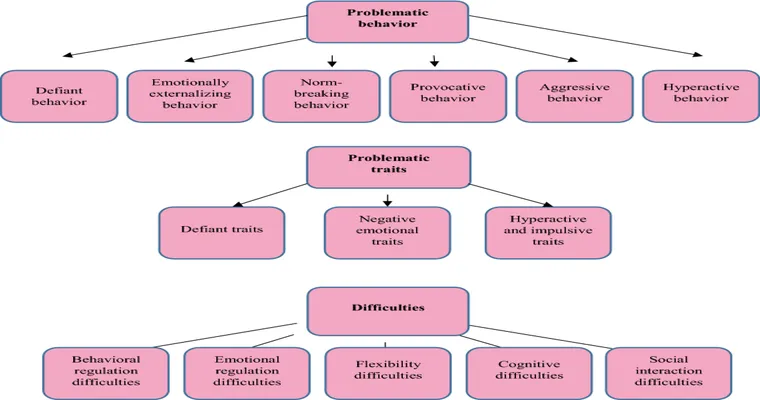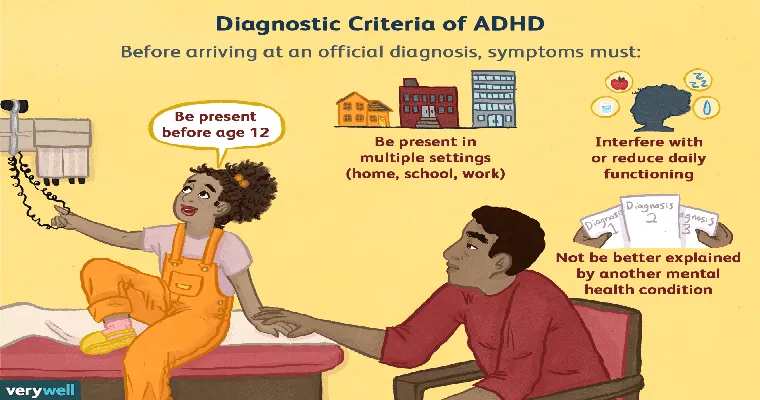When a "husband" experiences a "stroke", the aftermath can be emotionally and physically challenging for both the affected individual and their loved ones. It is not uncommon for stroke survivors to exhibit "irritability" and a sense of hopelessness, which can leave caregivers feeling overwhelmed and helpless. Understanding the reasons behind this behavior and learning how to cope with it is crucial for both partners' well-being.
After a stroke, many individuals face significant changes in their mood and personality. This can be attributed to various factors, including physical changes in the brain, the frustration of losing independence, and the emotional toll of dealing with a life-altering event. If your husband is showing signs of irritability and has seemingly "given up," it is vital to approach the situation with empathy and a willingness to help him through this difficult time.
One of the first steps in addressing your husband's irritability is to educate yourself about the emotional and psychological impact of a stroke. Many stroke survivors experience "post-stroke depression", which can manifest as withdrawal, irritability, and feelings of hopelessness. Recognizing that these behaviors are often a result of the stroke itself can help you respond with compassion rather than frustration.
Communication is key when dealing with an irritable spouse. Encourage open discussions about feelings and concerns. Create a safe space for your husband to express his frustrations without fear of judgment. Sometimes, simply listening can provide him with the comfort he needs to feel understood.
In addition, consider seeking professional help. A mental health professional experienced in stroke recovery can offer valuable strategies for coping with irritability and depression. They can also provide therapy options that may benefit both you and your husband, fostering a supportive environment for recovery.
Engaging in activities that promote positivity can also help alleviate some of the irritability. Encourage your husband to participate in light physical activities or hobbies he once enjoyed, as these can help improve mood and foster a sense of accomplishment. Even simple activities like watching a favorite movie or going for a walk together can make a significant difference.
Support groups for stroke survivors and their families can be instrumental in navigating this challenging journey. Connecting with others who share similar experiences can provide both you and your husband with emotional support and practical advice on managing irritability and feelings of despair.
It's essential to remember that recovery after a stroke is a gradual process. Patience, understanding, and consistent encouragement can help your husband regain his sense of hope and motivation. Celebrate small victories along the way, as these moments can significantly impact his emotional state.
In conclusion, dealing with a husband who has had a stroke and is experiencing irritability and a sense of giving up is undoubtedly challenging. By fostering open communication, seeking professional help, encouraging positive activities, and connecting with support groups, you can create a nurturing environment that promotes healing. Remember, recovery is a journey that requires time and understanding from both partners involved.





